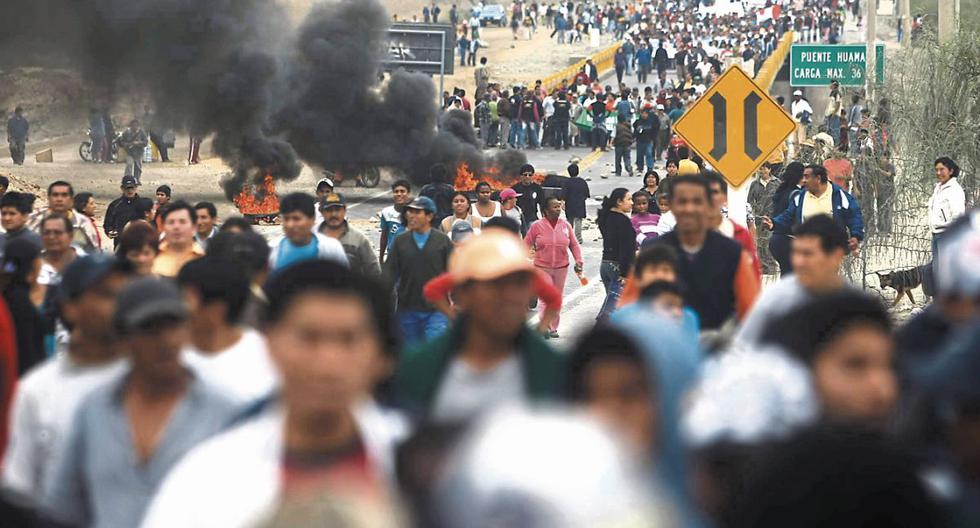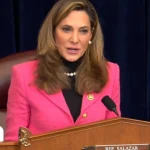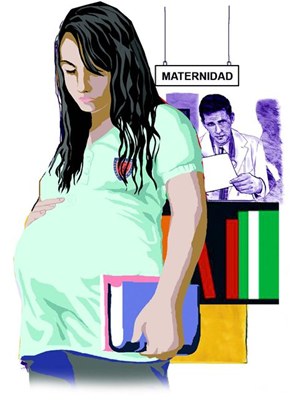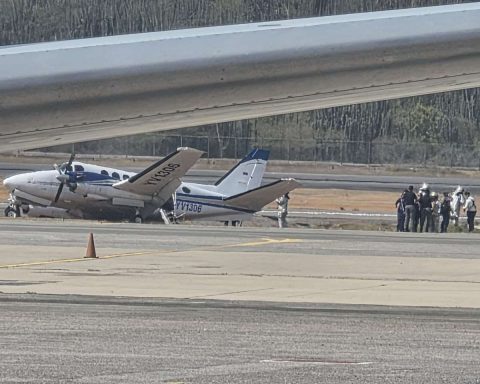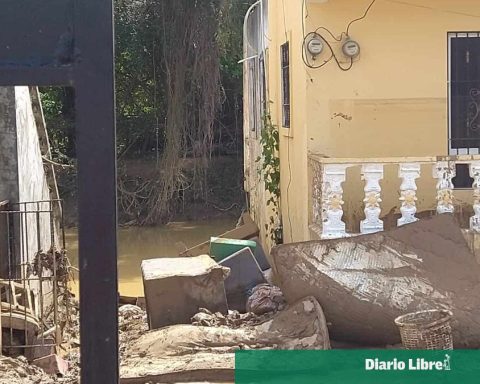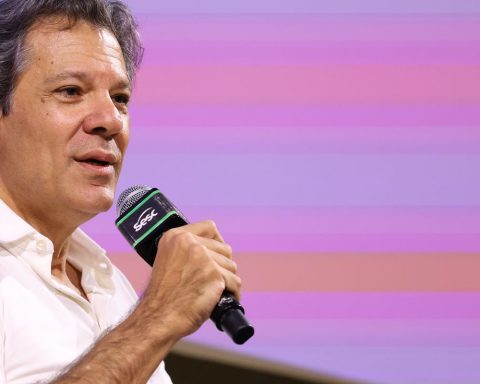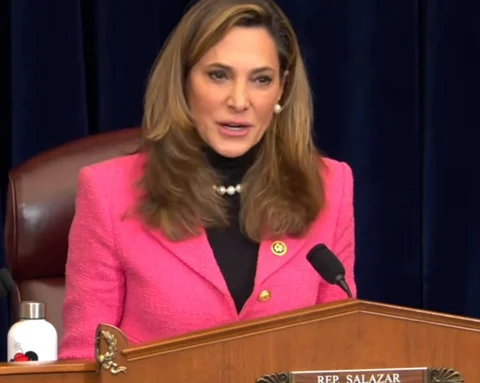Until August of this year, in Peru there were 209 social conflictsof which 89 were related to mining, according to information from the Ombudsman’s Office.
Despite this situation, regions with important mining projects and operations that have suffered social conflicts in the last year, such as Apurimac, Cajamarca, Cusco and Moqueguathey do not have specialized offices to deal with these problems.
The first region mentioned has suffered the seizure of highways and the installations of one of the most important copper projects in the country: Las Bambas.
For its part, in CuzcoEspinar communities recently blocked the southern mining corridor, thus affecting the Antapaccay mining company.
In the case of Moquegua there is Quellaveco and recent protests involving Arequipa. The problem is that users’ associations of the Tambo valley oppose the resolution that grants the surface water license for mining purposes of the Titire rivers (which has high levels of arsenic and boron of natural origin) and Vizcachas in favor of the mining project. .
WORK TO BE DONE
Given the lack of offices that deal with the conflict, the Ombudsman’s Office hopes that the candidates for regional governors explain their proposals to the public to deal with these problems. The institution considers that the prevention and management of conflicts from the regional governments is vital because it allows a closer analysis and greater coordination with the national government.
For the former Vice Minister of Mines Rómulo Mucho, these coordinations, and a shared vision, are things that have not happened so far, but that would help prevention.
“A shared vision for development is lacking, but the national government does not articulate with regional governments. That is where decentralization fails,” he added.
Although he attributes responsibility to the Executive for the lack of attention to the conflict, he also questions the inaction of the governors to address the problem. In that sense, he considered that they should not wait for the Executive to do all the work, and stressed that their contribution is necessary to find a solution.
“To claim canon, they are present, but you never see the interest in solving a serious problem, and on the contrary, sometimes they join the protesters,” he explained.
Executive work
For his part, the former Deputy Minister of Territorial Governance of the Presidency of the Council of Ministers pointed out that the Executive currently does not give much importance to social conflict in the country.
“When I was in office, I had the support of the premier,” he said, adding that, beyond offices in the regions, people dependent on the national government are needed who are in charge – at least where there are more conflicts – of being the first line of care. These professionals should also be properly trained, she explained.
Data
-Of the 209 social conflicts that there were until August, 89 were miners, according to the Ombudsman’s Office.
-The regional governments with conflict prevention offices are Arequipa, Ayacucho, Loreto, Puno, San Martín, Tacna and Ucayali. Piura has a commission.
